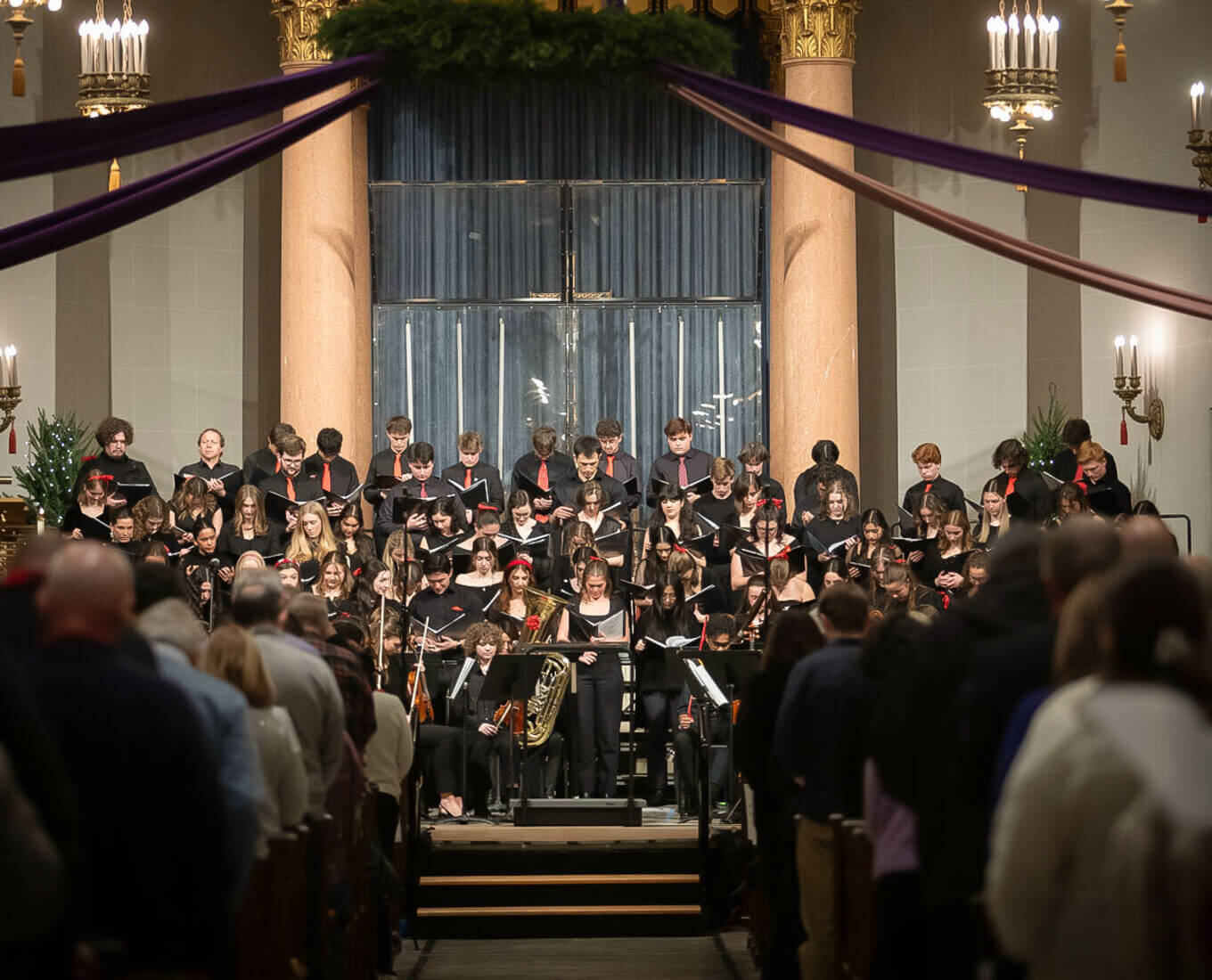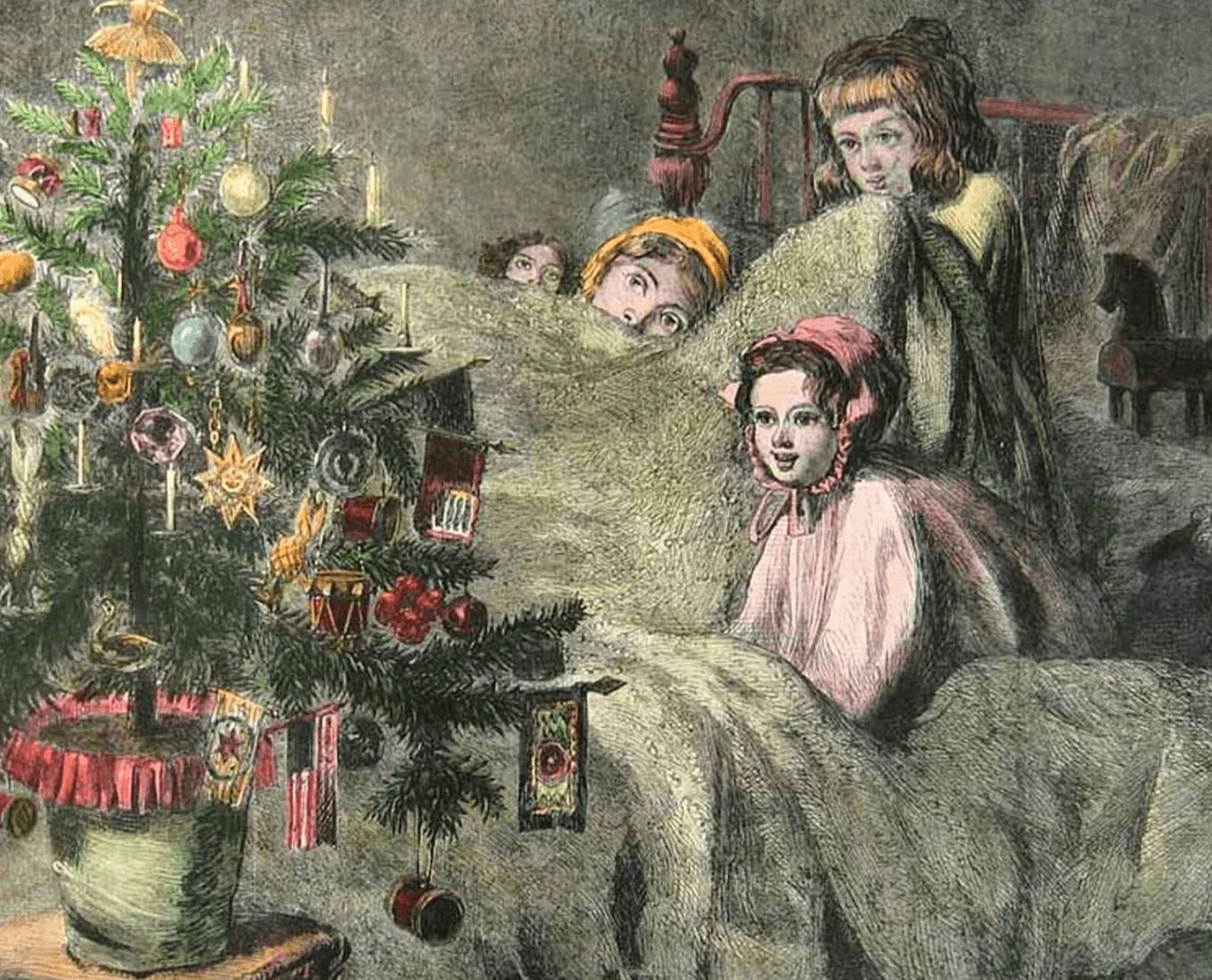WORCESTER, Mass. – Mary Ebbott, associate professor of classics at the College of the Holy Cross, has received an $80,000 grant from the National Endowment for the Humanities to publish a critical volume about an unconventional section of the Iliad that has been dismissed or ignored by most scholars — even denounced by some as “un-Homeric.”
The work by Ebbott, in collaboration with Casey Dué, associate professor of classics at the University of Houston, will focus on the tenth book of the Iliad: a night raid undertaken by the Greek heroes Odysseus and Diomedes. Book 10 is often referred to as the “Doloneia” after the name of Dolon, the Trojan spy whom Odysseus and Diomedes kill on their mission.
Consisting of a critical text, a line-by-line commentary, and a series of introductory essays, Ebbott and Dué’s book, Oral Poetics and the Homeric Doloneia, will focus on the oral, traditional origins of the entire epic, which was composed without writing and was handed down orally for centuries, sung time and again for a traditional audience.
“It has been almost eight decades since Milman Parry’s groundbreaking scholarship showed that the Iliad is an oral, traditional epic. Oral poetics — understanding this oral, traditional nature of the poetry — helps us to understand the remarkable features of the epic,” Ebbott says. “There has been a great deal of scholarship since then building on his work and that of his student Albert Lord, but there has not been a commentary that fully takes these oral poetics into account. This project will correct this lack, and will do so by taking on perhaps the least understood book of the Iliad — least understood, that is, from a strictly literary point of view.”
In addition to the research and critical analysis of the text, Ebbott emphasizes that the collaborative nature of the project is significant, especially for an epic that itself is a collective achievement. “We believe strongly that new models for collaboration are important for progress in the humanities in general,” she says. “And we expect that the commentary we produce will demonstrate how our sustained collaboration can lead to more thoughtful, thorough, and creative scholarship on the Homeric epics.”
With the NEH funding, the resulting volume will be published both in print and on-line (the latter available without charge) through the Center for Hellenic Studies. Dué and Ebbott expect the volume to be published in 2009.
Ebbott, who lives in Worcester, has been a member of the Holy Cross faculty since 2001. She is the executive editor at the Center for Hellenic Studies in Washington, D.C., where she is one of the editors of the Homer Multitext project. Her publications include Imagining Illegitimacy in Classical Greek Literature and “Butler’s Authoress of the Odyssey: gendered readings of Homer, then and now.”
Ebbott is the project director for the grant, which was funded through the NEH’s collaborative research program in the division of research programs.
Classics Scholar at Holy Cross Receives Major Grant to Study Oral Poetics of Homer's 'Iliad'
Read Time
2 Minutes


